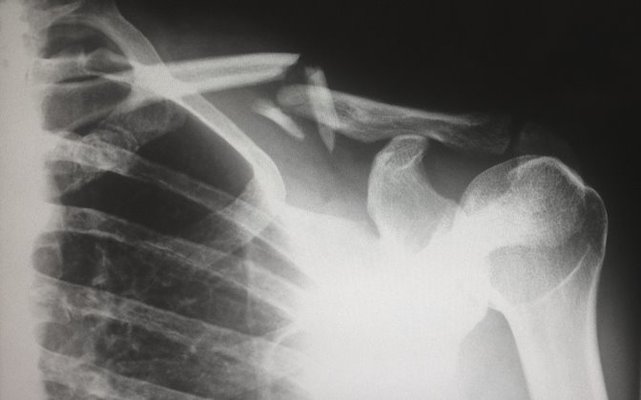
Most personal injury claims are the result of a person acting negligently. Negligence occurs when a person fails to act as a reasonably prudent person would act in a given set of circumstances, and when those actions cause harm to another person. The harmed person must be someone that the negligent person owed a duty to, but this is often rather broad. For instance, in car accident cases, a driver owes a duty to drive reasonably, and that duty is owed to all other drivers, passengers, pedestrians and basically anyone who is in the vicinity. In a medical malpractice case, a doctor owes a duty to his or her patients. Negligence per se cases involve a person not only behaving carelessly or in an imprudent way but involve situations where the negligent action itself was actually a violation of the law.
What difference does negligence per se make for the plaintiff and defendant?
In negligence per se cases, it is often easier for the plaintiff to prove that the defendant’s behavior was negligent because if the defendant was acting in violation of a law or regulation, their negligence can be presumed. Here the burden is switched, and instead of the plaintiff having to show why the defendant was negligent, the defendant will have to try to show why they were not negligent. This gives the plaintiff an advantage.
What needs to be proven to make a case for negligence per se?
There are several requirements for proving a case based on negligence per se. First off, as mentioned, the defendant must have a violated a statute, rule or regulation. Additionally, the rule that was violated must have been one intended to promote safety. The plaintiff will also have to show that he or she is a member of the class of people the law was meant to protect. Finally, the plaintiff must have been injured as a result of the negligent person’s violation of the law.
Imagine that a pedestrian was injured by a car that ran through a stop sign. The law that states that cars must stop at stop signs is clearly a law that is intended to promote safety and is meant to reduce the risk of car and pedestrian accidents. The injured person is a pedestrian and was someone the law was meant to protect. And the running of the stop sign is what led to the pedestrian being injured. Here there would be a case for negligence per se because all of the requirements are meant.
Defenses to negligence per se
If the defendant was in violation of a rule not intended to promote safety, if the injury was of an unforeseeable person, or if the injury was unrelated to the violation of a law, negligence per se will not apply.
Other possible defenses to a charge of negligence per se would include situations where a defendant could not comply with the law because of an emergency or incapacity. For instance, it would be possible for a driver who ran a stop sign because he was having a stroke to argue against being found negligent per se.
If you were injured in an accident, you could be entitled to compensation. At Milligan, Beswick, Levine & Knox, our experienced personal injury attorneys are ready to advocate for you. Contact us today at 909-798-3300 for a free consultation.
Article Tags, click any to see related articles:Whether it’s a DUI, a divorce, or a slip and fall injury at the grocery store, we are here to help people who never imagined they’d need an attorney. Our Redlands dui lawyers are committed to giving advice and assisting you in achieving a successful outcome no matter how simple or complicated your case may be. We provide experienced legal counsel for our clients in Southern California court and administrative hearings, ensuring that we put all of our resources to work for you throughout the litigation process. If you are in need of a divorce attorney in Redlands, call Milligan, Beswick, Levine & Knox today at (909) 798-3300. ... View full business profile here: Milligan, Beswick, Levine & Knox LLP
